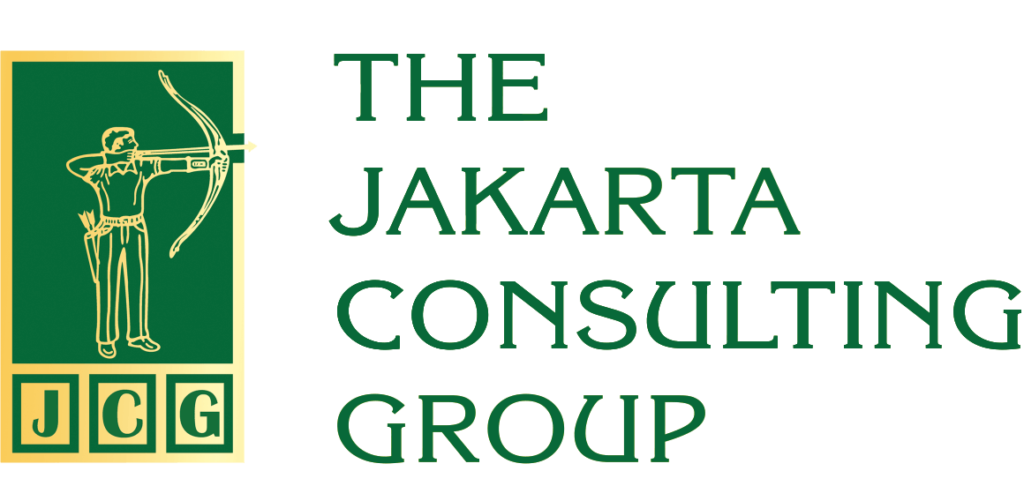For many family businesses, the main question is not whether the next generation will take over, but how they prepare themselves and are prepared for that role. A family business is not just a business entity, but also a legacy, a reflection of values, and the social identity of a family. However, the transition from one generation to the next can determine continuity and growth, or it can trigger conflict and decline. One of the keys to success in this transition is to develop a clear and well-planned career path for the successor.
The Importance of Career Paths in Family Business Succession
It is not uncommon for successors in family businesses to “jump right in” to leadership positions simply because they are the children or relatives of the founders. While this may work in the short term, this approach risks placing unprepared individuals in crucial positions. Without proper preparation, successors may lack the skills, experience, and credibility needed to lead effectively.
A structured career path has several benefits, including:
- Ensuring successors master the necessary technical, managerial, and leadership skills
- Helping successors earn the respect and trust of employees outside the family circle
- Providing targeted opportunities to learn about the culture, vision, and principles of the family business; and
- Aligning individual needs with organizational needs.
With a planned approach, businesses not only prepare future leaders, but also strengthen the foundation for sustainable growth.
Introduction and Initial Assessment
Preparation of successors should begin long before they officially join the company. In their teens or early adulthood, prospective successors need to be introduced to the family business so that they understand the products, services, and customers. This stage focuses more on observation and developing curiosity, rather than formal work.
Some activities that can be done include: participating in activities in various departments or divisions during school holidays, attending company events or industry exhibitions, or participating in family discussions about business trends and challenges (adjusted to the child’s development, of course).
Education and Experience Outside the Company
Many successful family businesses encourage potential successors to seek work experience outside the company first. They can work for competitors, business partners, or even in completely different industries. The benefits are building credibility without relying on the family name, having the opportunity to learn different systems, processes, and leadership styles, and expanding business networks with external parties.
In addition, working outside the family business can help hone the successor’s empathy so that they will be able to lead well in the future. Some families even make formal rules, such as requiring successors to work outside the company for at least five years before taking on important positions in the company.
Learning Various Aspects of Business
This can be done through cross-departmental rotations (marketing, finance, operations, R&D) to understand various aspects of the business, working under non-family managers to obtain objective evaluations, and leading projects with clear targets and performance indicators.
In this way, future leaders of family businesses not only gain a comprehensive understanding of the company, but also build credibility based on their achievements—not just their family name.
Gradually Improving Leadership Capacity
As their competence improves, the next generation of family business leaders need to be given greater responsibilities. For example, leading teams, managing new projects, or market expansion. Leadership training should include formal education and informal learning (mentoring from senior leaders, both inside and outside the family).
Career development stages can begin with leading a specific division (e.g., marketing or operations), supervising a multidisciplinary team, and participating in strategic and financial planning, culminating in becoming CEO or president. This gradual approach ensures that they are prepared to face challenges, both in achieving success and learning from failure.
Preparation for Governance and Ownership Roles
In addition to operational skills, the next generation needs to understand their responsibilities as shareholders and policy makers. They must learn about shareholder rights and obligations, the dynamics of board meetings, and the rules and family values that form the business philosophy.
Collaboration between Tradition and New Breakthroughs
One of the biggest challenges in family businesses is combining legacy with innovation. The younger generation often brings fresh ideas such as digitization or new business models, but their implementation must be in line with the company’s core values. One solution is to give the next generation room to experiment without disrupting the company’s core operations, for example through special projects or innovation divisions.
Challenges to be aware of
In mapping out career paths for successors, there are a number of challenges. One challenge is the tendency to accept family members into the company even if they lack adequate competence. Other common problems include clinging to old ways out of sentimentality, competition among family members over positions and authority, and competition between families over positions and authority.
So what is the solution? Open communication, transparent role sharing, and a mutually agreed family governance framework.
You can seek the help of professional family business consultants such as Jakarta Consulting Group to ensure that your steps are more focused. With their expertise and experience, professional consultants can help design a sustainable succession strategy.
#family business #career path #successor #leadership #credibility #cross-departmental rotation #career development #competence









